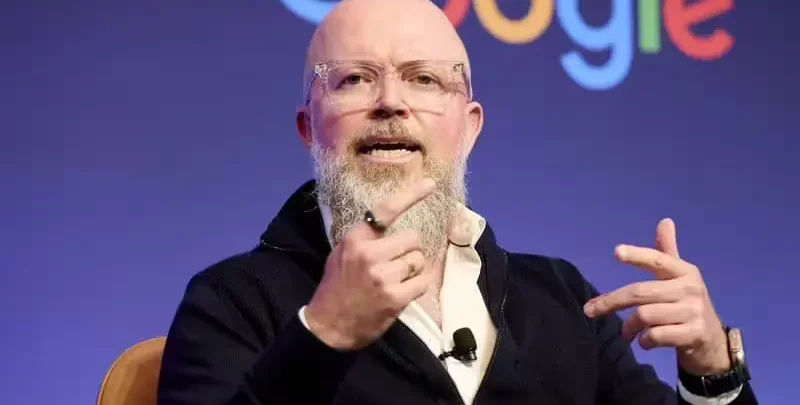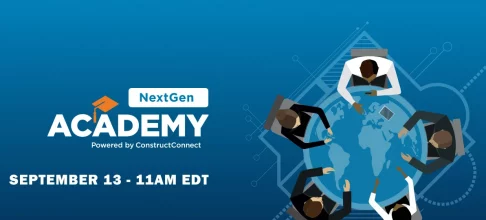
Telstra’s Kim Krogh Andersen is in charge of AI projects across the group.Credit: Michael Quelch
Brady said at the time the cuts would help the telco stay competitive and make the investments needed to support the growth in data volumes across its business. She said the move would save the company $350 million. Kim Krogh Andersen, Telstra’s executive in charge of product and technology, told this masthead that while AI was currently being deployed across the telco, the decision to cut staff was unrelated.
“That was not a decision or reality of AI,” he said of the retrenchments. Loading “That was simply us needing to simplify our business and there was part of our business that was not performing as we wanted it to perform. And for us to keep investing in some of that infrastructure that is so important for this era of AI, we need to keep ensuring we are set up for that.” “When it comes to AI, I think our approach is that, right now, there are so many use cases ... For instance, AI can help us proactively help our customers so they avoid calling us. There is efficiency gained from AI, but it’s not linked [to the lay-offs].” Telstra is working to apply AI to all of its key processes by 2025.
Krogh Andersen said that Telstra’s previous “T22 strategy” had seen the company drastically simplify the consumer side of its business, but it hadn’t yet fully simplified the enterprise side of its operations, which services some of the nation’s biggest companies with connectivity and security products. The unit has struggled amid competition from US-based technology giants such as Google and Microsoft. “It’s all in train,” Krogh Andersen said of the cuts. “And it’s, of course, a painful exercise because whether it’s right or wrong, and we believe it’s right and sets us up for a stronger future, it’s still impacting humans and people that have worked hard for Telstra and for me.”

Kim Krogh Andersen says he is optimistic about the positive impact of AI.Credit: Kate Geraghty
Telstra will announce on Wednesday it is the first Australian company and one of six companies globally to join the United Nations Educational, Scientific and Cultural Organisation (UNESCO) business council focused on ethical AI, which will work to develop an ethical impact assessment tool and joint initiatives to ensure the technology serves the public good. Telstra is joining other member organisations, including Microsoft and Salesforce, and the group will work on AI policy development in areas including data governance and diversity.
“I deeply believe in surrounding yourself with that diversity and expertise,” Krogh Andersen said of the AI body. “It’s not an answer to just do nothing, and we see it as our [responsibility] here in Australia to take a lead in AI. “It’s also an acknowledgement of Australia to be invited to this. I think Australia needs, as a nation, companies that lead both in applying AI but also ensuring AI is responsible.” Loading Questions around the ethical use of data to train AI have stirred controversy recently. Photoshop’s parent company, Adobe, faced a wave of user complaints this month after it changed its terms of service, suggesting it was giving itself access to users’ work, even that protected by non-disclosure or confidentiality agreements. Tech giant Meta has also been hit with complaints in 11 countries over its AI practices but says it’s simply following the same approach as other AI firms like Google and OpenAI.
Krogh Andersen said that Telstra would serve an important role in generative AI’s future, given that its network will connect the data centres and cloud infrastructure underpinning the technology. “It’s important to have some clear guardrails ... And if you’re moving too slow, you’re probably not being competitive. And if you’re moving too fast, with the risk of AI, you can really harm yourself,” he said.
The Business Briefing newsletter delivers major stories, exclusive coverage and expert opinion. Sign up to get it every weekday morning.
Most Viewed in Technology
Loading















